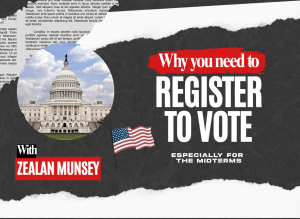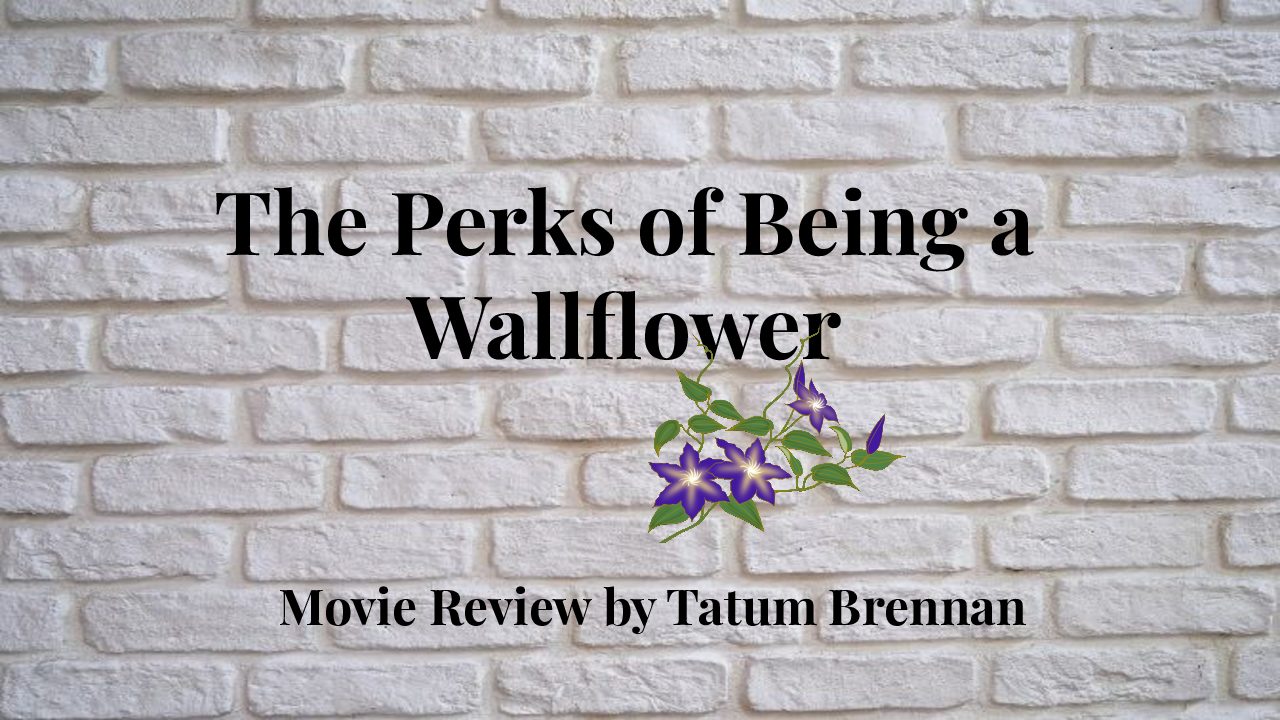Marijuana: Should it really be legal?
November 9, 2016
Marijuana is the most commonly abused illicit drug in the United States. This is not about the ethical implications of legalizing marijuana, nor the truth, or lack thereof, behind its medicinal use. This is about legalizing an unregulated drug.
Most of us can agree that smoking will kill you, that cigarettes are addictive, and hopefully most of us can agree that they are nasty. Ew. Anyway, all of the legal restrictions we have to protect our lungs from —those 4,000 chemicals in cigarette smoke —do not apply to marijuana restrictions. That takes a whole other legislation, one that we do not have in motion right now. While we debate the passing of marijuana in California’s proposition 64, we fail to realize the lack of regulations we have on this potentially dangerous substance. It is uncharted territory. If someone wanted to smoke a joint in a restaurant next to a newborn, it wouldn’t be technically illegal —yet.
The economy, though it may feel an initial boom from closeted risk-takers looking to try a legalized drug, will ultimately suffer. Employee performance and safety—absenteeism, turnover rates, tardiness, productivity, work quality and liability lawsuits—are important concerns for employers. Employers are afraid to hire potheads. Marijuana users have an absentee rate 75 times higher than non-users. Users are five times more likely than non-users to injure themselves, or others, and have 55% more industrial accidents and 85% more injuries than non-users. Injuries and surrounding concerns requires insurance. Higher demand for insurance means higher rates of insurance. The dominoes will fall, and eventually your milk may cost dollars more because of Jane’s consistent failure to show up for work due to her drug addiction.
The legalization of weed is a public hazard. First of all, one of the oldest arguments in the book—undeniable, nonetheless —pertains to driving. Driving under the influence of marijuana is as unlawful as driving under the influence of alcohol. It’s also as dangerous. Marijuana affects decision-making, perception and coordination. A study by Rocky Mountain High Intensity Drug Trafficking Area confirms that fatal car crashes have increased in areas with high concentrations of marijuana users in Colorado. With legalization, marijuana use will increase. According to a study by Melanie Wall comparing data from the National Survey on Drug Use and Health from 2000-2008, states having legalized medicinal marijuana for adults have higher marijuana use rates by youth aged 12-17 compared to states that have not. That means the black market is involved. Youth are so desperate for drugs that they are willing to fake illness; this is not progress by any means.
At the end of the day, marijuana is not a regulated drug by Food and Drug Administration standards. Whether used recreationally or medicinally, there is no governmental guarantee of whether or not marijuana is laced. Dose quantity, frequency and duration of administration and interaction with other medicines are all unknown by the FDA. Thus, pot cannot be approved as a safe drug. Furthermore, the FDA claims to have found no sound scientific studies supporting marijuana’s medicinal use. If approved, marijuana would be the only FDA-approved drug ever to be administered by smoking.
Whichever way you poll, think about your reasoning. I have no problem with the recreational or medicinal use of marijuana in isolated theory; in fact, I think it should be decriminalized. However, when it comes to freeing a basin of danger and lack of knowledge, I think we better hold off.







Jason Harvey | Dec 28, 2023 at 11:15 pm
Great Post! The debate on marijuana legalization often involves finding a balance between individual freedoms, public health considerations, and the potential economic benefits. Many jurisdictions have chosen to address these concerns through various forms of legalization, whether for medical or recreational use, each with its own set of regulations and restrictions. Ultimately, the decision to legalize marijuana is influenced by societal values, cultural attitudes, and evolving scientific understanding.